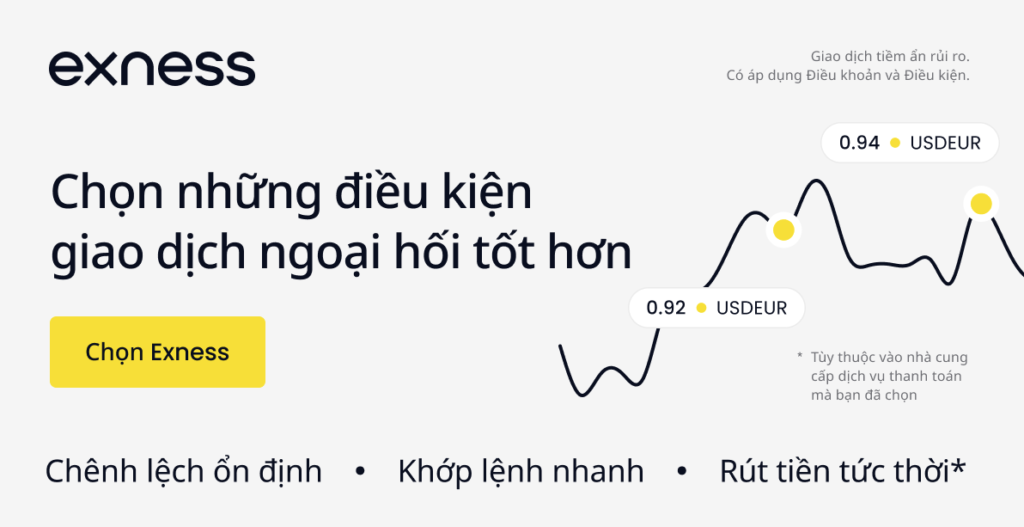- Jensen Huang’s Surprising Stance on Trump Administration Policies
- The Conflicting Statements
- The Criticism
- The Praise
- Financial Impact and Market Response
- The Billion-Dollar Hit
- Market Reaction
- The Broader Context
- Trump Administration’s AI Policies
- Nvidia’s Strategic Response
- Analysis of Huang’s Position
- The Diplomatic Tightrope
- Business Pragmatism
Jensen Huang’s Surprising Stance on Trump Administration Policies
The Conflicting Statements
Jensen Huang, the dynamic CEO of Nvidia, recently walked a tightrope during the company’s first-quarter earnings call on May 28, 2025. His ability to both criticize and commend Trump administration policies in such a short span has become a topic of intense discussion in the media.
The Criticism
Huang didn’t hold back when addressing the Trump administration’s export restrictions on AI chips bound for China. These restrictions, he argued, resulted in a staggering multibillion-dollar write-off for Nvidia, with a staggering impact reflected in a reported loss of $4.5 billion in inventory. "This policy weakens America’s position in the global AI race," Huang stated, highlighting the severity of the situation.
The Praise
In a stunning pivot, just moments after voicing his concerns, Huang lauded Trump’s broader vision. “The president has a plan. He has a vision. And I trust him,” he asserted, responding to inquiries regarding potential alternatives for product shipments to China. Following up with an interview on Bloomberg the next day, Huang went even further, branding Trump’s tariff strategy as "utterly visionary." He elaborated, “The idea of tariffs being a pillar of a bold vision to re-industrialize, to onshore manufacturing, and to motivate global investment in the United States is just incredible.”
Financial Impact and Market Response
The Billion-Dollar Hit
Nvidia's H20 GPUs export restrictions to China have had profound financial repercussions. While there’s mention of a $4.5 billion inventory loss, the situation remains murky regarding the precise figures involved. Nevertheless, these export controls have forced the company to confront significant inventory write-offs particularly targeting the Chinese market.
Market Reaction
Despite these hurdles, Nvidia’s stock experienced an upward trajectory following the earnings report. The company enjoyed a remarkable 70 percent increase in revenue year over year in the first quarter, primarily driven by continued demand for its Blackwell computing products. This positive momentum saw Nvidia's stock rise over 4 percent in after-hours trading after the earnings call.
The Broader Context
Trump Administration’s AI Policies
The Trump administration has adopted a nuanced approach to AI technology regulation. While both President Trump and Vice President JD Vance have spoken about the need for less domestic regulation in the AI sector, they've simultaneously enforced stringent export controls on advanced AI chips destined for China, continuing a trend aimed at limiting China's access to cutting-edge technology.
Nvidia’s Strategic Response
Huang's seemingly contradictory remarks encapsulate the complex reality Nvidia is navigating. The company has rallied behind domestic manufacturing initiatives, with Huang stating, "We're all in on the idea. We're setting up plants and encouraging our partners globally to invest in the United States." This initiative aligns with Trump's vision for reshoring, even as Nvidia grapples with the challenges posed by export restrictions.
Analysis of Huang’s Position
The Diplomatic Tightrope
Huang's swift shift from critique to endorsement illustrates the delicate dance tech leaders must perform in today’s political landscape. As the head of one of the globe’s most valuable firms in AI chip production, Huang has to juggle numerous stakeholders:
- Shareholders worried about significant revenue losses.
- The U.S. government with its national security concerns.
- Chinese clients and government officials.
- Nvidia’s competitive standing globally.
Huang's statements reveal a strategy to engage with policy by recognizing the administration's broader vision, while subtly contesting particular policies that jeopardize Nvidia's interests.
Business Pragmatism
Ultimately, Huang’s remarks reflect a pragmatic mindset. Although export controls have inflicted financial pain on Nvidia, the firm continues to benefit from robust domestic AI demand and government backing for the industry in the U.S. By publicly affirming Trump's larger economic vision while expressing reservations about certain policies, Huang aims to foster positive relations with the administration while advocating for necessary changes to the export controls.
In this intricate world of international business and politics, Nvidia’s CEO has shown that it’s possible for criticism and accolades to coexist, especially with billions on the line and the future of AI at stake.











